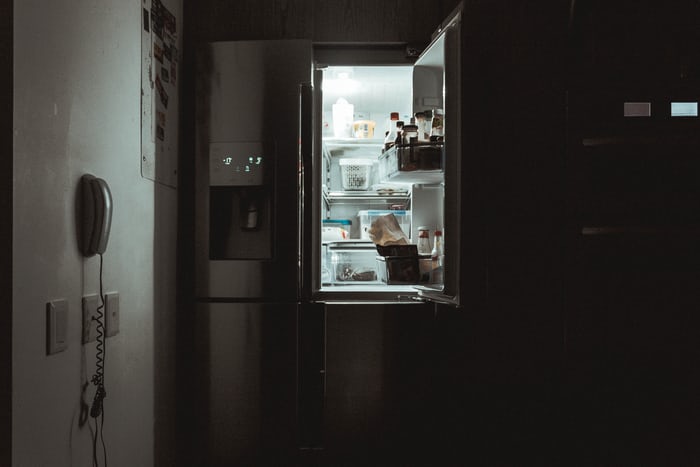“You cannot compare suffering.”
These are the words my psychologist repeated to me over and over when I was a teenager. After having been ill for years, being forced to drop out of high school and losing all my friends and my health, I would get easily frustrated. When my father would complain that we could no longer go on family trips — since I could barely leave the house — or out to restaurants, when I could barely eat, I would say nothing. I would wait until my Monday appointment with my doctor and then rage. My father had gotten to go to high school, to college, to law school, to be a single young person in LA, to meet my mom on a ski trip, to have a career, to have a family, to travel the world. I was a teenager unsure I would ever have any of that, so I didn’t understand how he could be so blind, so selfish, so upset about something that felt so small. I didn’t understand how he could see his suffering as anything at all.
But my doctor told me a story. He told me about his childhood in which he never had enough to eat, when he and his family were literally starving, searching for food discarded by others to stay alive. He told me how one day, not long before this conversation, he came home from his office and saw his teenager standing in front of their refrigerator, complaining that there was nothing to eat. He told me, “I could have been angry, furious that he was complaining about the lack of options in our full fridge when at his age I had been starving. But that wouldn’t have been fair. He has no frame of reference for my suffering. To him, the fridge having no snacks is the closest he has ever been to starving. This isn’t something I should be mad at him for; it is something I should be happy about, that someone I love has suffered so much less than I. It is a good thing. Pain is not objective. You can’t compare suffering.” His words took a while to sink in, but once they did, they freed me. It gave me permission to forgive my father’s words because his loss was just as real as mine, and his suffering mattered too.
Lately, I’ve often found myself needing a reminder of my doctor’s lesson. When people complain about missing going out with friends or being isolated with their family, I am brought back to my years spent in my house or a hospital, my years without friends, my years when my parents were my whole world. I’ve found myself on the other side of the equation as well. I’m upset that after starting college late, after never having had a high school graduation and after taking twice as long to complete my university degree, I will not have a traditional “pomp and circumstance” graduation. I feel angry that I now cannot see my niece and nephew notwithstanding that for years I’ve been infected with all sorts of communicable illnesses. I feel guilty for feeling like this when there are people starving, homeless, dying, suffering from afflictions that I cannot even imagine because of this virus. So I’ve had to remind myself to not judge my friends and peers for whom this isolation is the worst thing they have ever experienced. I should be happy that this is the case. And I shouldn’t judge myself too harshly for being disappointed at returning to my life of isolation.
What we all need right now is peace, and I think a little can be found by meditating on my doctor’s words. “We cannot compare suffering,” as truly no good comes from trying to do so. What we need right now, more than ever, is empathy. Furthermore, to me, empathy doesn’t have to mean truly understanding or knowing what the people around you are going through; it means respecting that they are going through it, offering love and support if you are able and simply being able to say, “I am sorry that you are suffering; I wish you weren’t; I care about you.” Because now more than ever, we have all lost something, we are all afraid and we all need all the understanding, compassion, and support we can get. So if someone complains to you about something you find trivial, try to have compassion, love, and empathy because—cliché as it is—we are all in this together.
Contact Jen Ehrlich at Jene91 ‘at’ stanford.edu.
